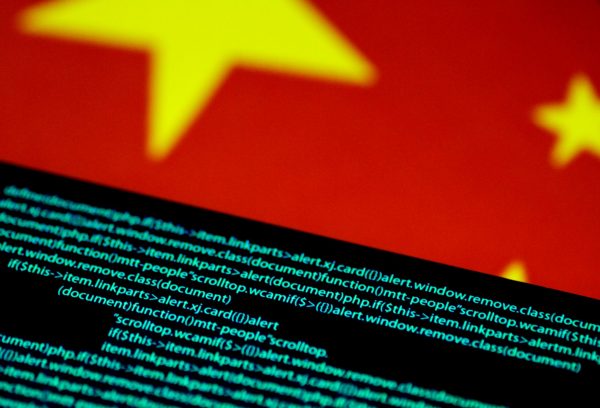Like Zhang, many saw interactive threads, forums and blogs as breakthroughs in citizen development, a way for Chinese to engage on issues they cared about and possibly even to influence their government. On forums like Tianya (one of the liveliest) discussions of emerging concerns like animal rights could quickly morph into grumbling about the absence of basic human rights in China.
In the Xi Jinping era, nearly all cause for that brand of optimism about the internet as a tool of social and political awakening in China has been systematically undone. President Xi’s vision of China as an ‘internet power‘ means that the Chinese Communist Party (CCP) hopes to reap the economic benefits of cyber-development while actively shaping and constraining the ideas available to the country’s citizens.
Legal mechanisms have been some of Xi Jinping’s most powerful tools in achieving his cyber agenda. On 25 August, in the latest push to tighten controls on internet discussion under the mantle of legality, the Cyberspace Administration of China (CAC) released a pair of new regulations. These are the latest legal pieces to fall in place since the country’s Cybersecurity Law took effect on 1 June.
The two new laws — the Regulation on the Management of Internet Forums and Communities and the Regulation on the Management of Internet Posts and Comment Services — will take effect on 1 October, just in time for the opening of the 19th National Congress of the Chinese Communist Party on 18 October. Both strike at the original heart of the internet as a medium of interaction and discussion, going after the chatrooms and comment threads that in the early days of the Chinese web were so vital, exciting and revolutionary — what Zhang Yiwu called ‘essential platforms’.
The new laws demand that operators of online forums and communities — the most prominent among them being Baidu Tieba, Tianya and KDNet — strengthen their internal oversight mechanisms to ensure all users register accounts only with proper identification. Anonymity has long been one of the best assurances Chinese internet users have that they can express their views with relative freedom from repercussions. Authorities have struggled for nearly a decade to plug the gaps in real-name registration, but China’s Cybersecurity Law has ended ambiguity on the issue. Related regulations make clear that anyone who has not registered with valid identification will be barred from participating in online forums.
But other aspects of the new regulations are telling and worrisome. Consider the requirement under Article 5 of the Regulation on the Management of Internet Posts and Comment Services that when ‘services are provided for comments on news and information, a system of first-approve-then-post must be established’. This essentially mandates a system of prior censorship for all internet comments on news stories, and marks quite a dramatic undoing of the dynamic interactivity about which Zhang Yiwu was so excited in 2006.
The CAC has offered two explanations for the new regulations. In a post on August 25, the day the regulations were announced, the agency reported that ‘the purpose of the regulations is to properly implement the spirit of the Cybersecurity Law’. But an official notice accompanying the regulations cited complaints from the public as the chief motivating factor and appealed to web users to continue reporting to the authorities online content that is ‘illegal or harmful’.
No matter how the authorities may seek to justify this new regulation as a popular act, it seems clear from the CAC’s own language that this is one more cog in the legal machinery of President Xi’s bigger push to harness and control the internet.
Like his predecessors in the CCP, Xi Jinping understands that control of the media and public opinion is absolutely critical to political control. Far from letting go, he has squeezed tighter than at any point in the past three decades. But legitimising and systematising these controls is also a major priority. President Xi has said that China must ‘govern the online space in accord with the law’ and has emphasised the need for ‘legislation of cyber laws, improving legal supervision and resolving risks caused by the internet’.
In many ways, China’s internet remains an exciting place for consumers and a dynamic market for goods and services. But the market for ideas is increasingly closed.
David Bandurski is co-director of the China Media Project, a research program in partnership with the University of Hong Kong’s Journalism and Media Studies Centre and a Richard von Weizsäcker fellow of the Robert Bosch Academy in Berlin.

